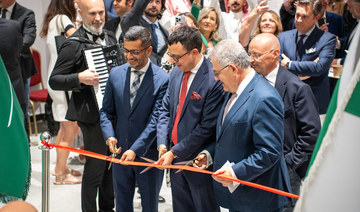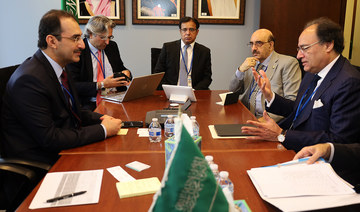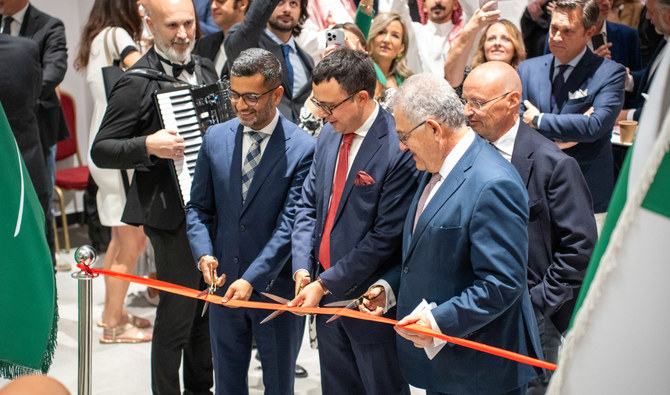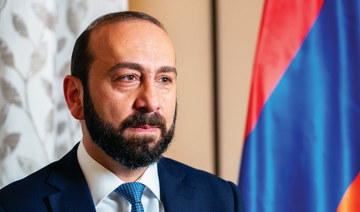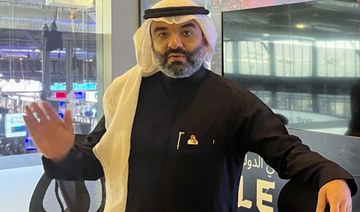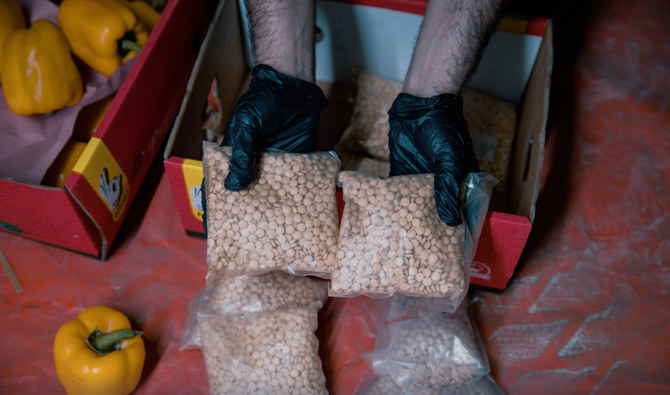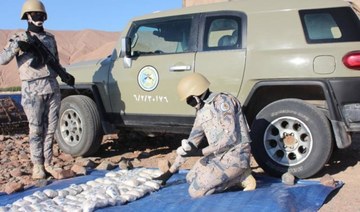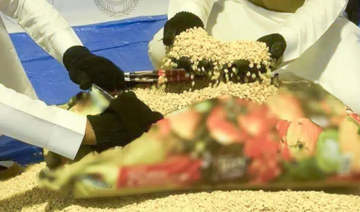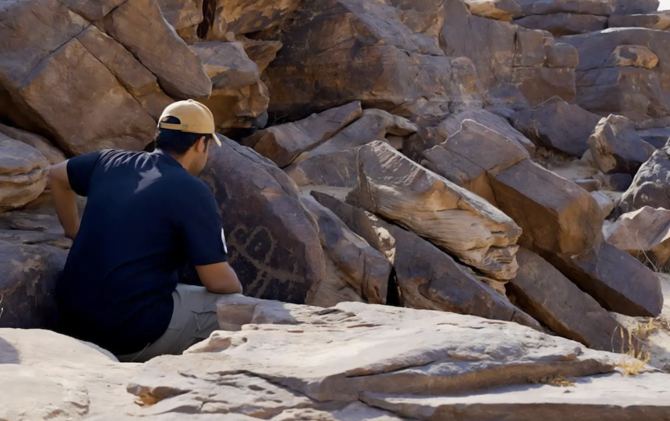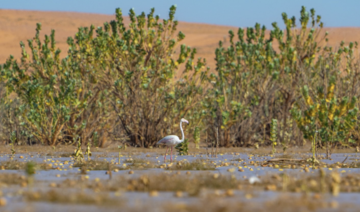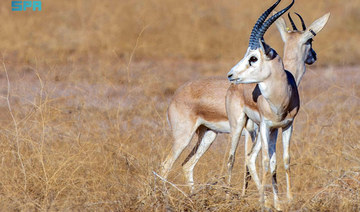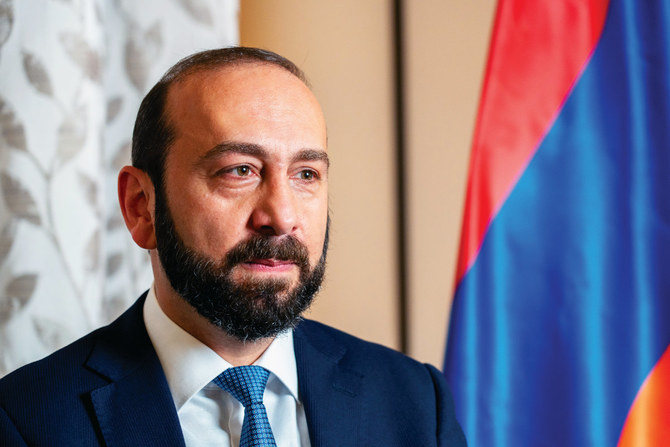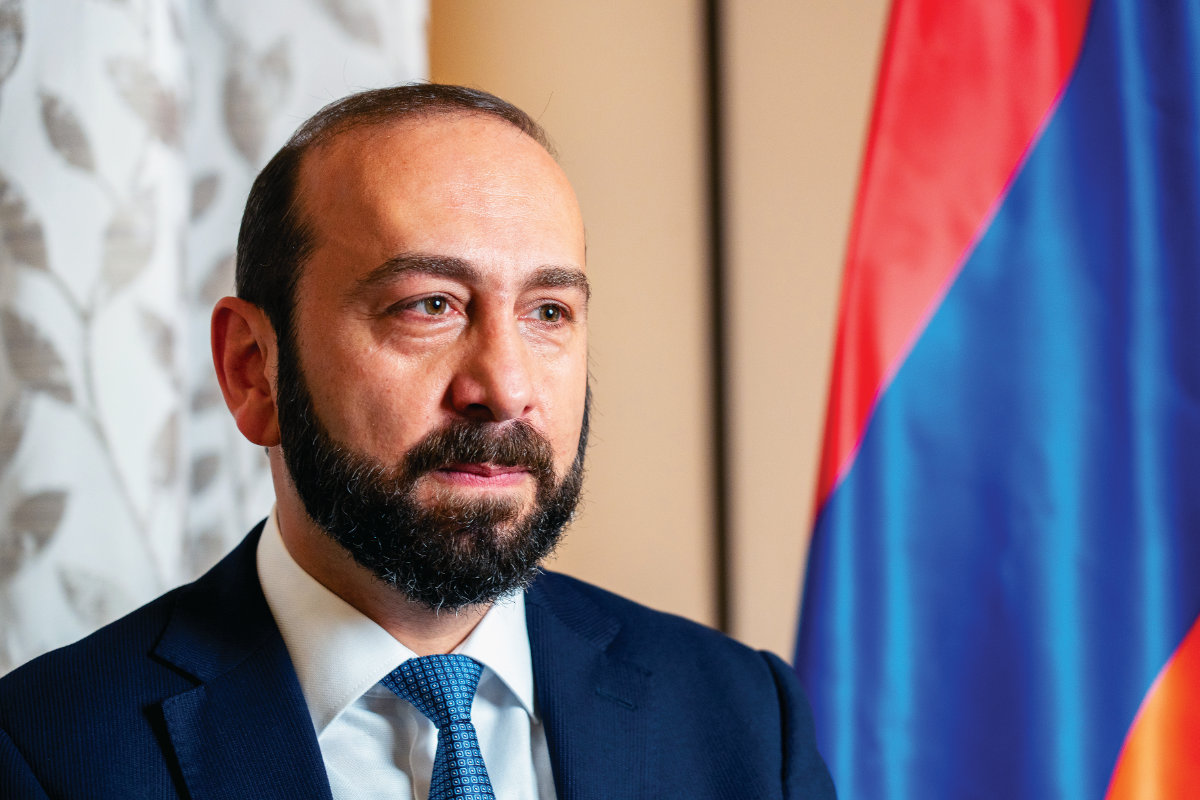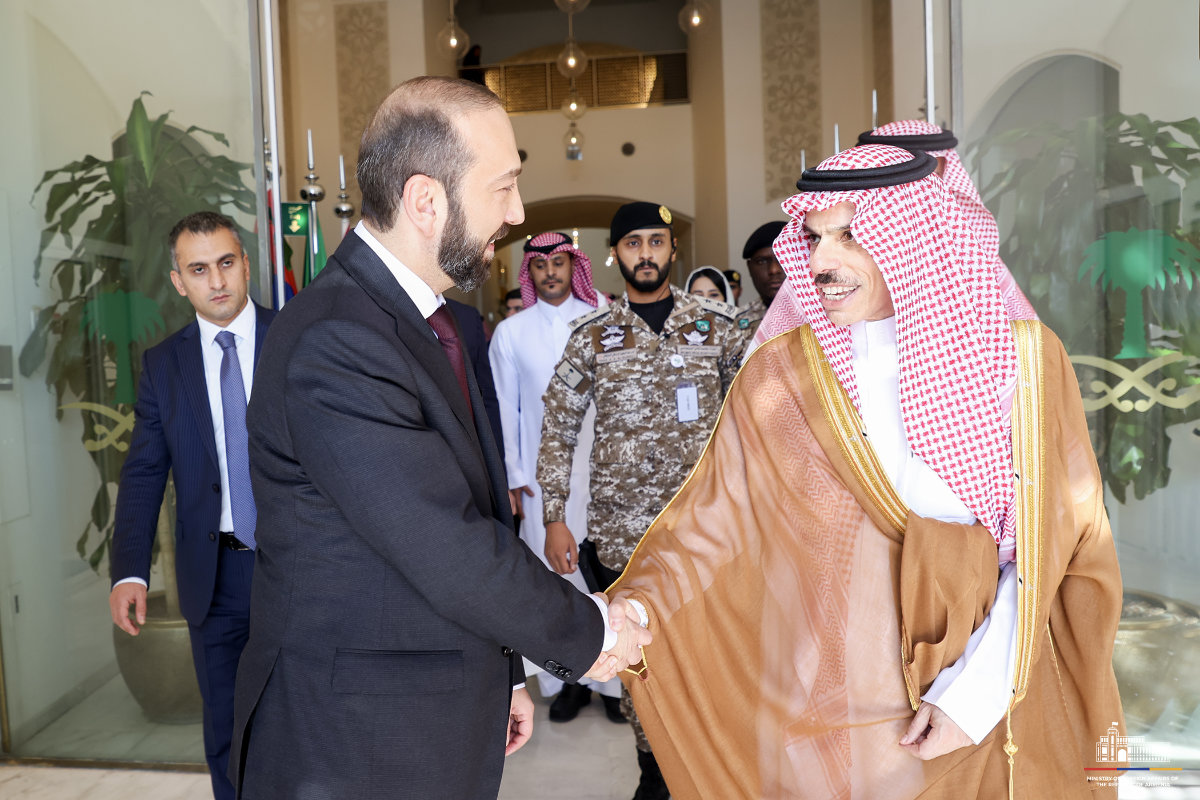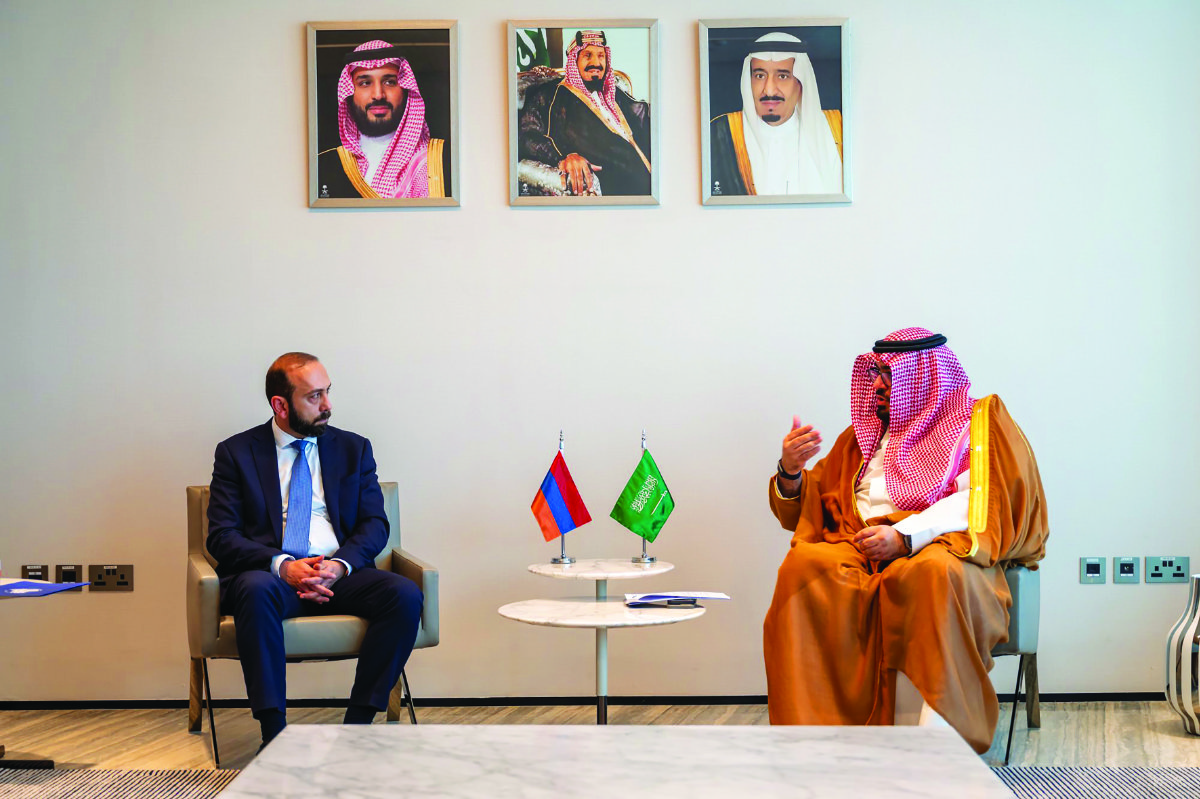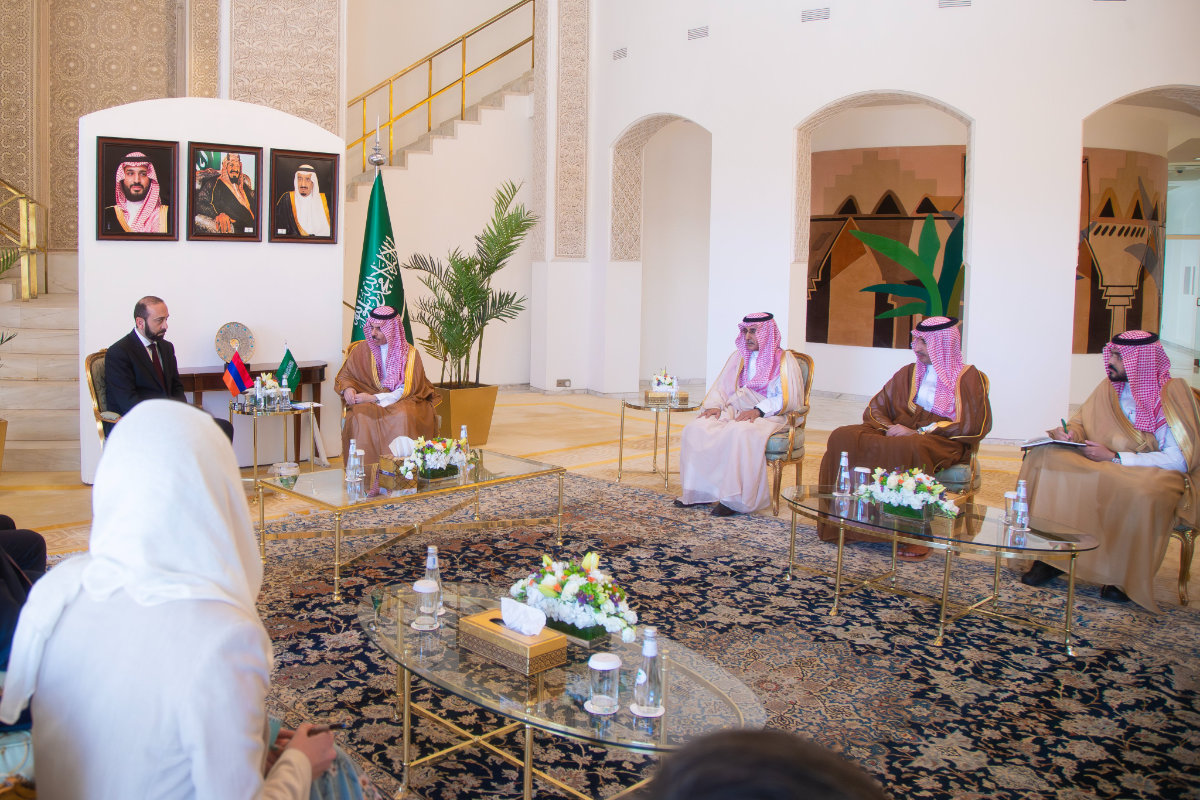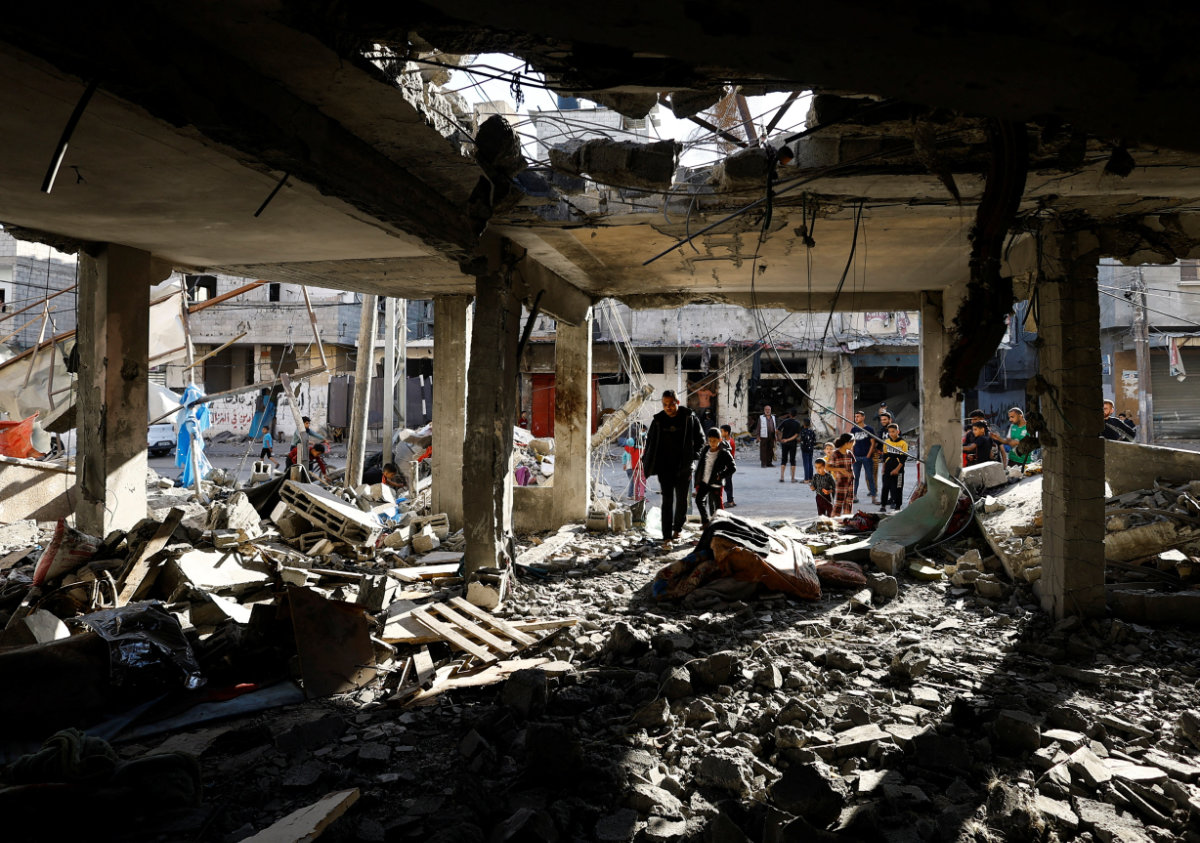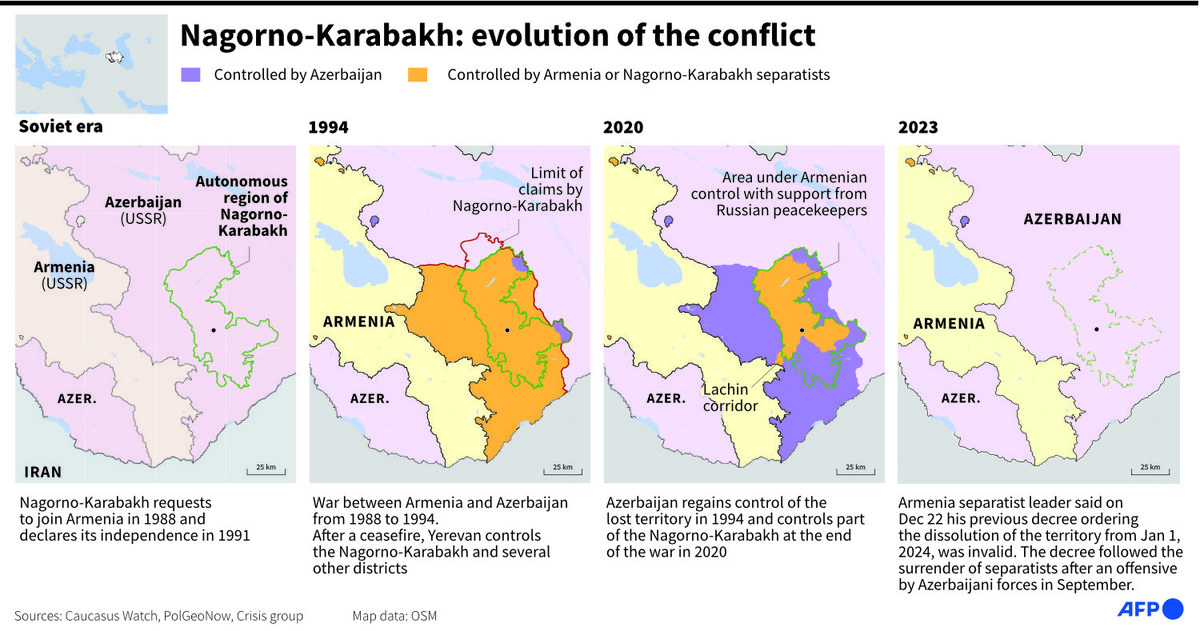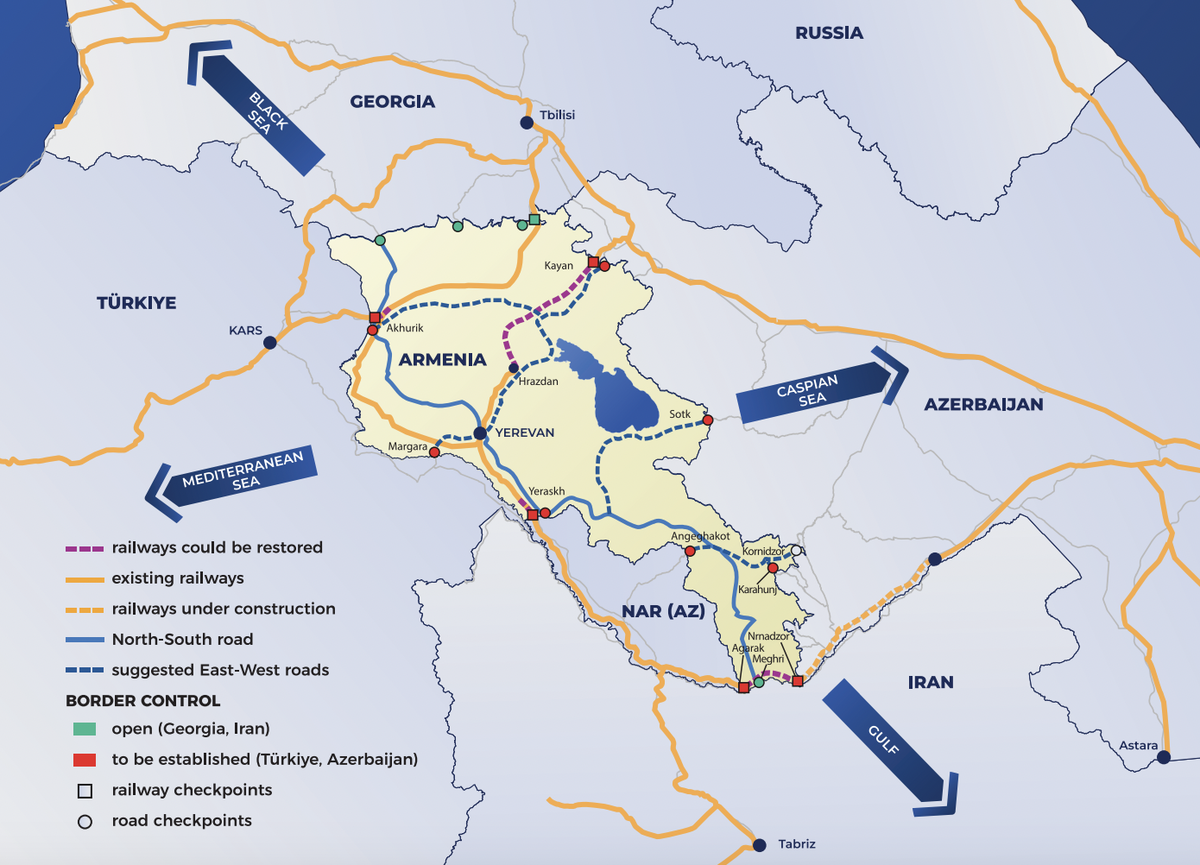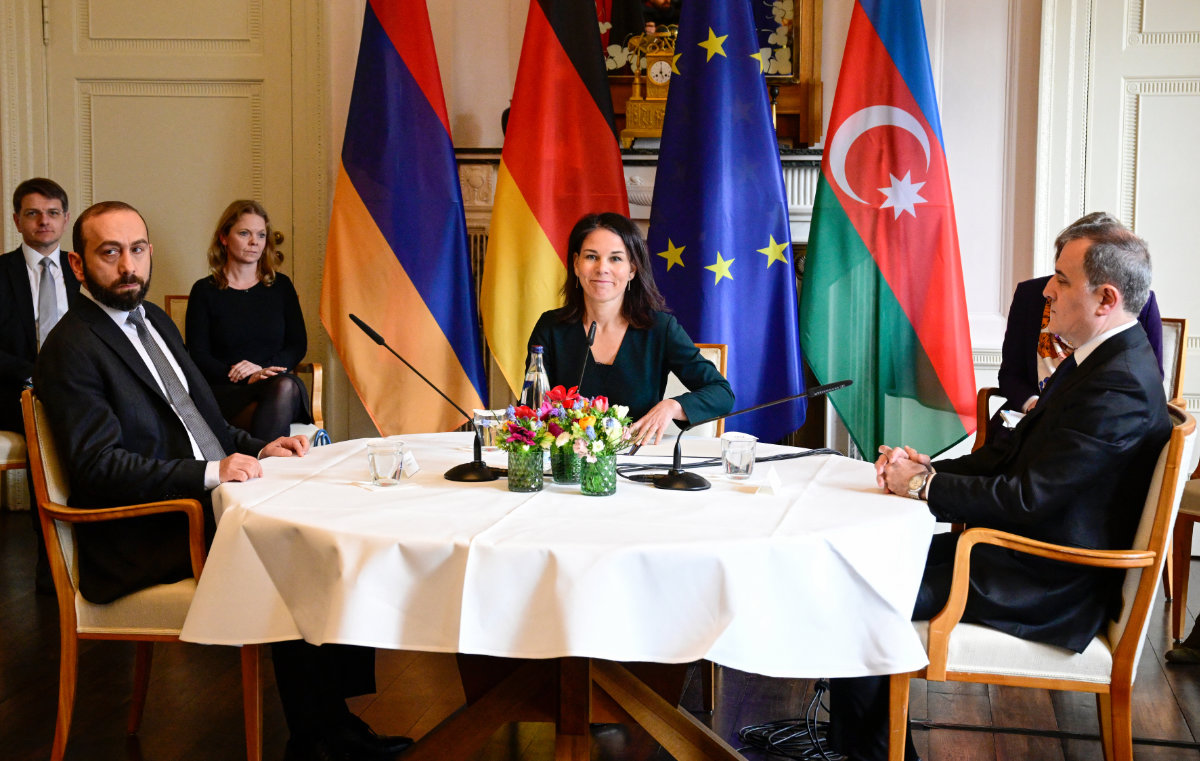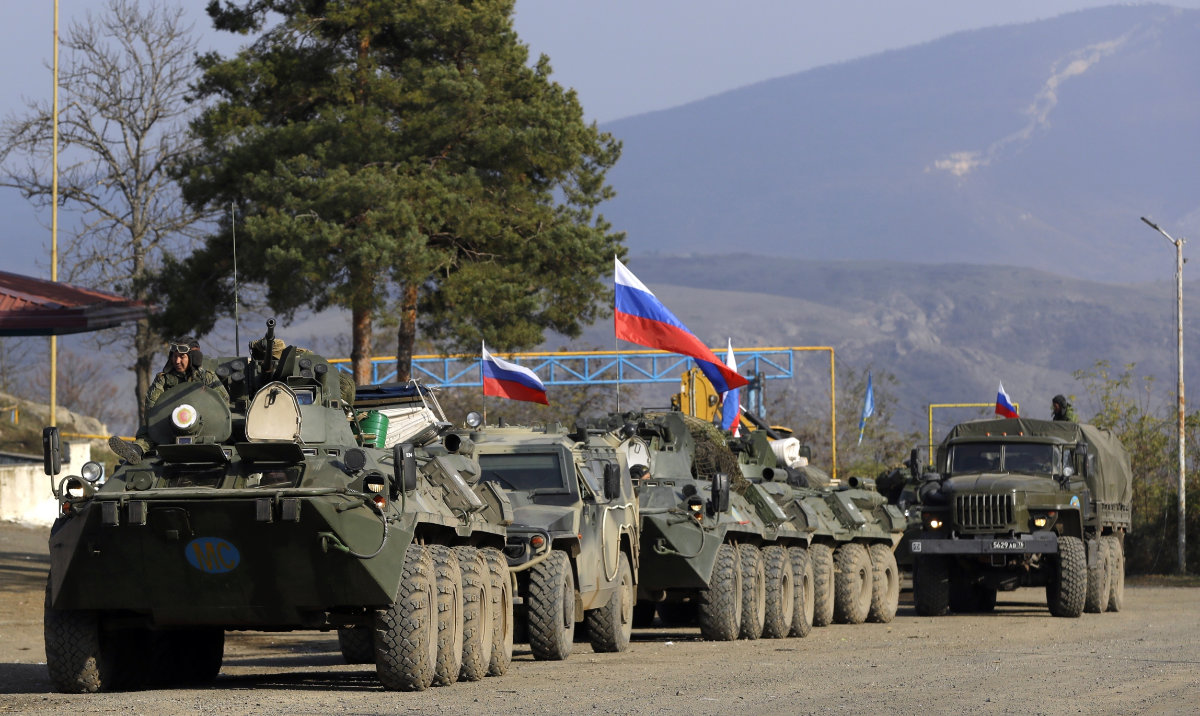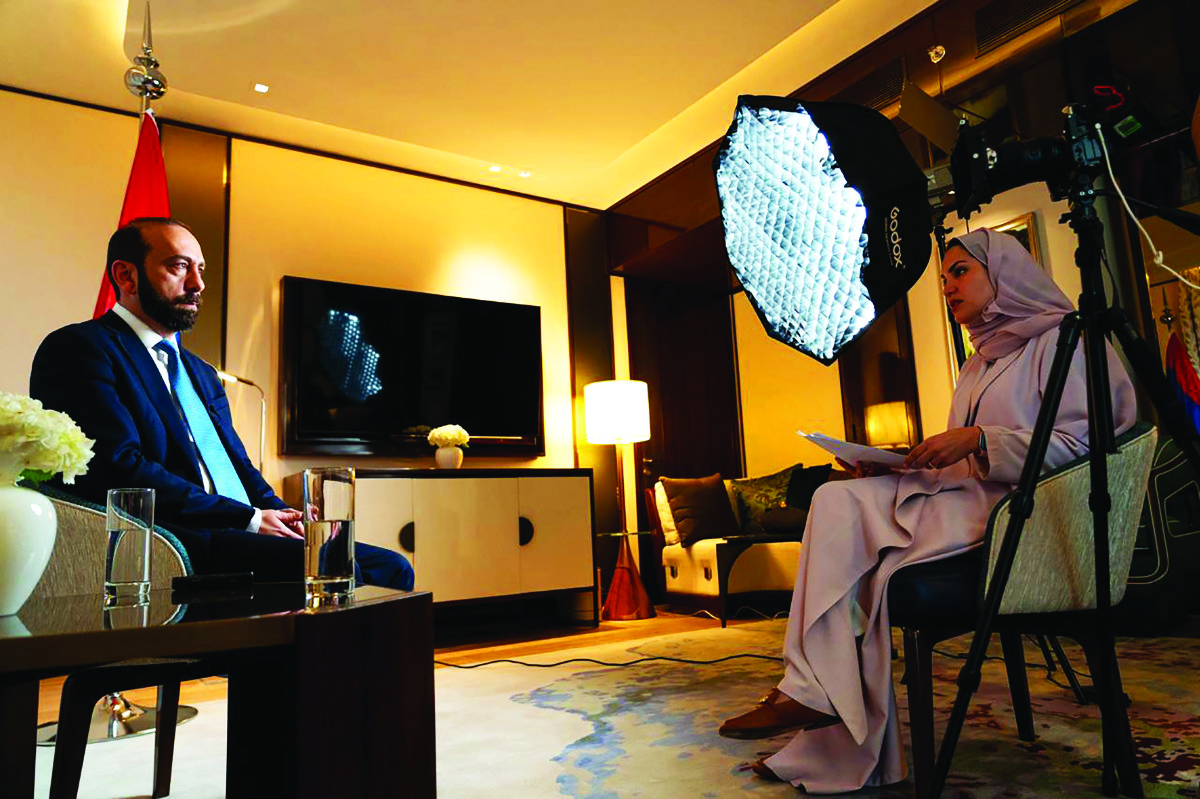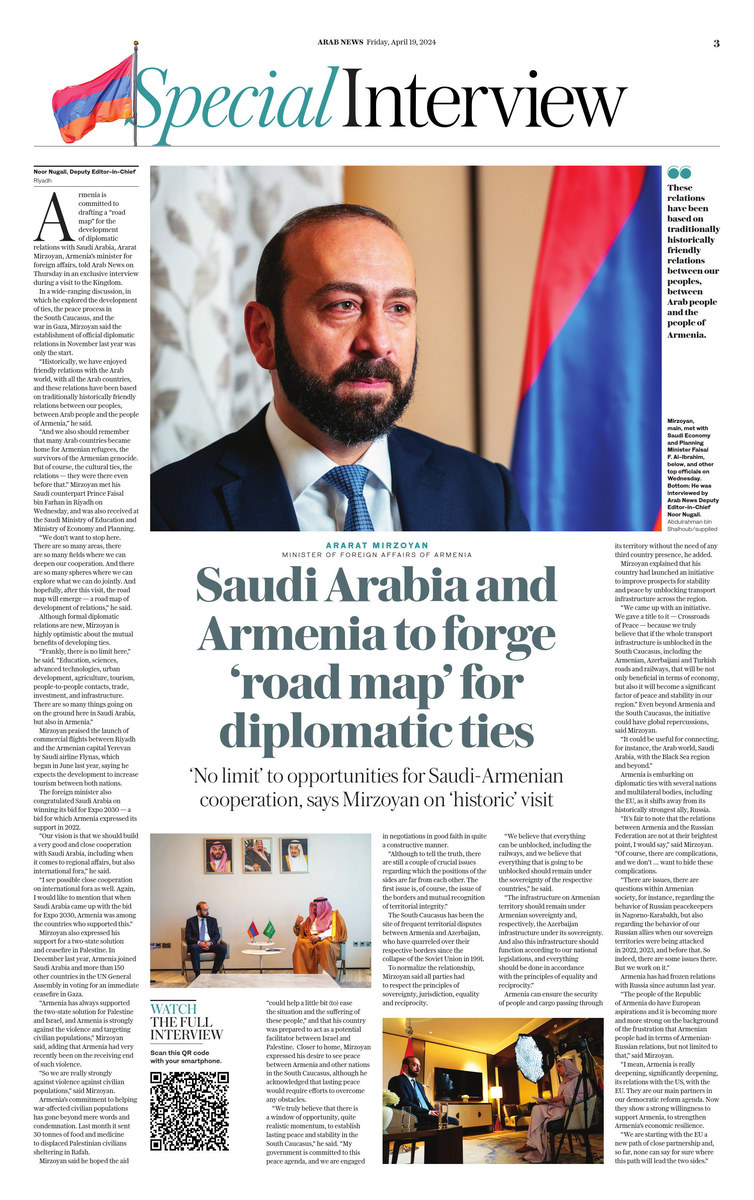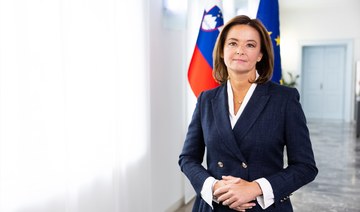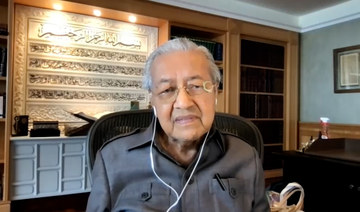RIYADH: Turfah bint Abdulrahman Al-Mutairi is the first Saudi woman to obtain a license from the General Authority for Military Industries (GAMI) for a military outfit factory.
The owner of Sondos Al-Dibaj factory, Al-Mutairi has a bachelor’s degree in textile engineering and started working in the field after graduating. She is now specialized in military equipment, including clothing that can protect against weapons of mass destruction and biological weapons, as well as fire-resistant clothing.
“My company is among the first five companies to get licensed in the field of military industries by GAMI,” Al-Mutairi told Arab News.
She said her factory works with international companies specialized in localizing production of military equipment.
These include a French company with which she has signed an agreement as a Saudi-French investment specializing in military uniforms. The clothing is designed to meet the needs of the Saudi military in the field.
“I started my career in design and textile as this was my major. Fashion and design depend on the concept more than on quantity,” she said. “There are industries, however, that depend on quantity, and this is found in the military sectors.”
She said her approach to working for the military sector was founded on two beliefs. The first is that, being a strategic sector, and from a security and political point of view, the industry should be local and domestic, and localizing it leads to self-sufficiency, Al-Mutairi said.
“The second reason is that my goal since graduation has been to be part of a cycle that seeks to create jobs for women. Textiles is one of the businesses in which women innovate, and opening production lines for this field has been my goal for over 20 years,” she added.
She has worked on the project since the establishment of her first factory 12 years ago, and she was among the first to demand the domestic production of military clothing.
The idea of localizing military industries had yet to be discussed when she first started her factory. Many of Al-Mutairi’s relatives work in the military field, which made her aware of the needs of the industry.
FASTFACTS
• The owner of Sondos Al-Dibaj factory, Al-Mutairi has a bachelor’s degree in textile engineering and started working in the field after graduating.
• She is specialized in military equipment, including clothing that can protect against WMDs, biological weapons, as well as fire-resistant clothing.
“I rang the bell at the AFED-2016 exhibition, which targeted the field of spare parts, not individual equipment. I spoke to Maj. Gen. Attia Al-Malki, head of the exhibition, and he was very understanding of my idea, so I took part in the exhibition,” she said, adding: “Here comes the importance of having an official who understands the requirements of the stage and has the flexibility that enables him to make a decision.”
The exhibition also gave Al-Mutairi the opportunity to work with international companies such as BAE Systems, which specializes in aircraft production. “I discussed with them their needs, and we began to fulfill their special requirements and supply them with spare parts for military aircraft, such as engine covers, and we have started to develop our capabilities to cover their delicate product requirements,” she added.
Al-Mutairi said that spare parts are also a type of textile with unique specifications, which can demonstrate the ability of manufacturers.
“Experience begins with a small part and extends to include other parts. We have thankfully passed the stages of installation and reached the stages of creativity and innovation,” she said. For centuries, Al-Mutairi said, fabric and textile production has been women’s work, adding that military uniforms have special requirements that must help soldiers navigate in the field and surrounding terrain.
“We therefore take into account the military requirements in terms of design and material, and this is what we are trying to develop. We had experience in designing the uniforms for the staff of the National Center for Security Operations (911). Maj. Gen. Abdulrahman Al-Saleh, the center’s director, supported us, and the uniform was approved by the Ministry of Interior,” she said.
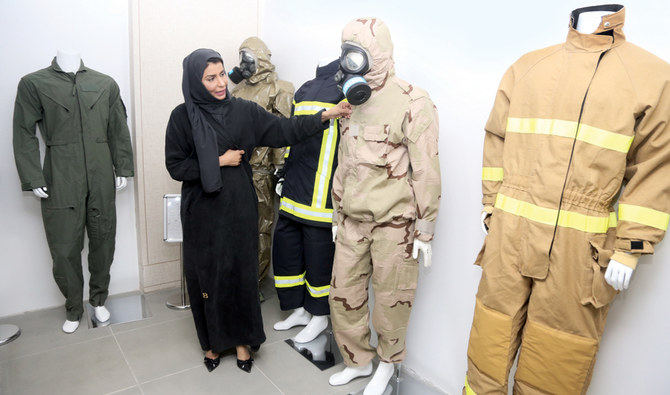
Turfah bint Abdulrahman Al-Mutairi aims to build partnerships with global companies to develop the field. (Photo courtesy of Turfah bint Abdulrahman Al-Mutairi)
Her factory also took part in designing Public Security uniform. Al-Mutairi said there are some similarities between the military uniforms of Saudi armed forces and those of other countries. The most common uniform is the No. 4 camouflage, which is worn during deployment.
“They are meant to look like the surrounding area, whether it is a desert or a mountain. These are thought-out patterns, and developments are continuously made by following the latest technologies in textile engineering and color combinations,” she said. “The process of changing them takes a long time and requires decisions by the military sector.” With the comprehensive change in the Saudi economy, cutting-edge systems are encouraging investment, especially in the military industry, she said.
The country goal to localize 50 percent of the military industry. Regulations by GAMI, new systems, and employing purchasing and negotiating powers will help manufacturers achieve the ambitious target, she said.
She added that military technology has valued customers, and it is guaranteed that the products will be bought if they are of high quality.
Al-Mutairi said it is an excellent investment opportunity for Saudis and foreign investors in particular, given that the Kingdom ranks fourth globally in military expenditure, “and you can imagine that 50 percent of this huge spending goes to local factories.”
She said that despite strong competition locally, her factory alone cannot cover market demands, and that the Kingdom needs more competition in the military sector.
“It also needs to localize, train and financially support talent, in addition to developing systems, such as a procurement system. We have also seen recent reforms such as arbitration in corporate cases, and this has become clear and fast, which encourages investment,” she added.
Al-Mutairi said another step that made things easier for industry investment was the development in completing government transactions, which have moved online. “These procedures in the Kingdom only take a few minutes and the response is received electronically.”
In the future, Al-Mutairi aims to build partnerships with international companies to develop the field, quoting Crown Prince Mohammed bin Salman, who said: “The sky is the limit.”
She has had meetings with Chinese and Greek industrial companies, and said she will work with any company that wishes to enter the Saudi market.
While the military industry always relies on patents, Al-Mutairi said it is an advanced stage in the field, and her factory is working toward that goal and focusing on it. But patents only come after mastering a skill, establishing work and starting it, she added.
Military uniforms resistant to weapons of mass destruction are unique to Al-Mutairi’s factory, as it is the only one in the Kingdom and the Gulf region to produce the clothing.
She added that the Sondos Paul Boye Company — a Saudi-French partnership — is the only company in the world to produce the uniform in two internationally known methods. “The first of which is using cellular textile, produced globally by one company, while the second uses spherical textile, produced by another specialized company.” Sondos Paul Boye also manufactures fire-resistant uniforms.
Al-Mutairi said her company is also looking to export uniforms soon.
She employs 170 workers in her factory, while there will be 213 new employees as part of a new expansion.
Many of the workers are women, she added, “because Saudi women by all means have taken over the foreign workers’ department as they complete their work very quickly and demand more tasks.”
This, she said, has added pressure on other workers to keep up with the speed and achievements of the 49 Saudi women working on the factory production line.





